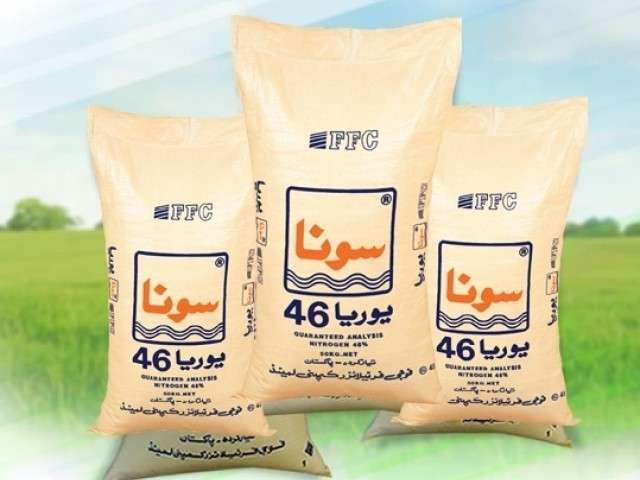 Fertilizers: Gas levy; more of the same
Fertilizers: Gas levy; more of the same
Urea price increased to PKR 1,900/bag: According to media reports, federal government has increased Gas Infrastructure Development Cess (GIDC) after the apex court decided to set aside the verdict of Peshawar High Court regarding levy’s suspension. GIDC for fertilizer feedstock has increased by PKR 103/mmbtu, from PKR 197/mmbtu to PKR 300/mmbtu, while GIDC on industry has been doubled to PKR 100/mmbtu from PKR 50/mmbtu earlier. In order to pass on the impact of higher cost of production, Engro has increased urea price by PKR 178/bag to PKR 1,900/bag which is likely to be followed by the industry as well. According to our calculations, the impact of increase in gas price comes out to around PKR 150/bag for the company. Higher increase than required is likely to counter inflationary pressures on cost front. As expected, Fatima emerges out to be the primary beneficiary of GIDC increase due to fixed feed cost while FFBL’s inability to pass on the increase in cost of production of DAP makes the company the most adversely influenced in fertilizer universe. It should however be highlighted that the government needs to raise over PKR 100bn from imposition of gas levy while the proposed increase in cess on fertilizer feedstock and industry is insufficient to meet the target.
FFC’s profitability remains intact: As expected, FFC’s profitability will remain unharmed to increase in gas levy. Reversal in international urea prices improved the pricing power of domestic manufacturers. Moreover, the increase in gas rates is much lower than proposed earlier (i.e. equating feed with fuel price) thereby enabling local players to easily pass on the adverse impact of higher cost of production. As urea price increase is about PKR 30/bag more than required, FFC would have an annualized positive earnings impact of PKR 0.60/share.
FFBL to take GIDC pounding once again: The company was likely to be on the receiving end of gas levy imposition. Considering high premium of local DAP prices over import parity, FFBL’s DAP pricing power was always subject to question. As has been the case previously, FFBL shall not been able to pass on the impact of increase in cost of production of DAP. As per our calculations, FFBL’s Cy14 earnings are likely to be adversely impacted by PKR 0.58/share.
FATIMA emerging out as prime beneficiary: Fatima’s fixed feed gas price makes it immune to imposition of GIDC while the company makes windfall gains by matching industry’s urea price increase. As anticipated, Fatima once again emerged as the primary beneficiary of recent hike in gas prices. Fatima’s Cy14 profitability is expected to jack up by PKR 0.60/share.
ENGRO takes the lead in passing on the impact: As Engro is not getting subsidized gas, a large proportion of company’s gas mix is subject to GIDC. However, more than required increase in urea price is likely to positively influence the company’s Cy14 profitability (assuming Mari gas diverted from Guddu is available for the entire year) by PKR 0.4/share.










Add comment